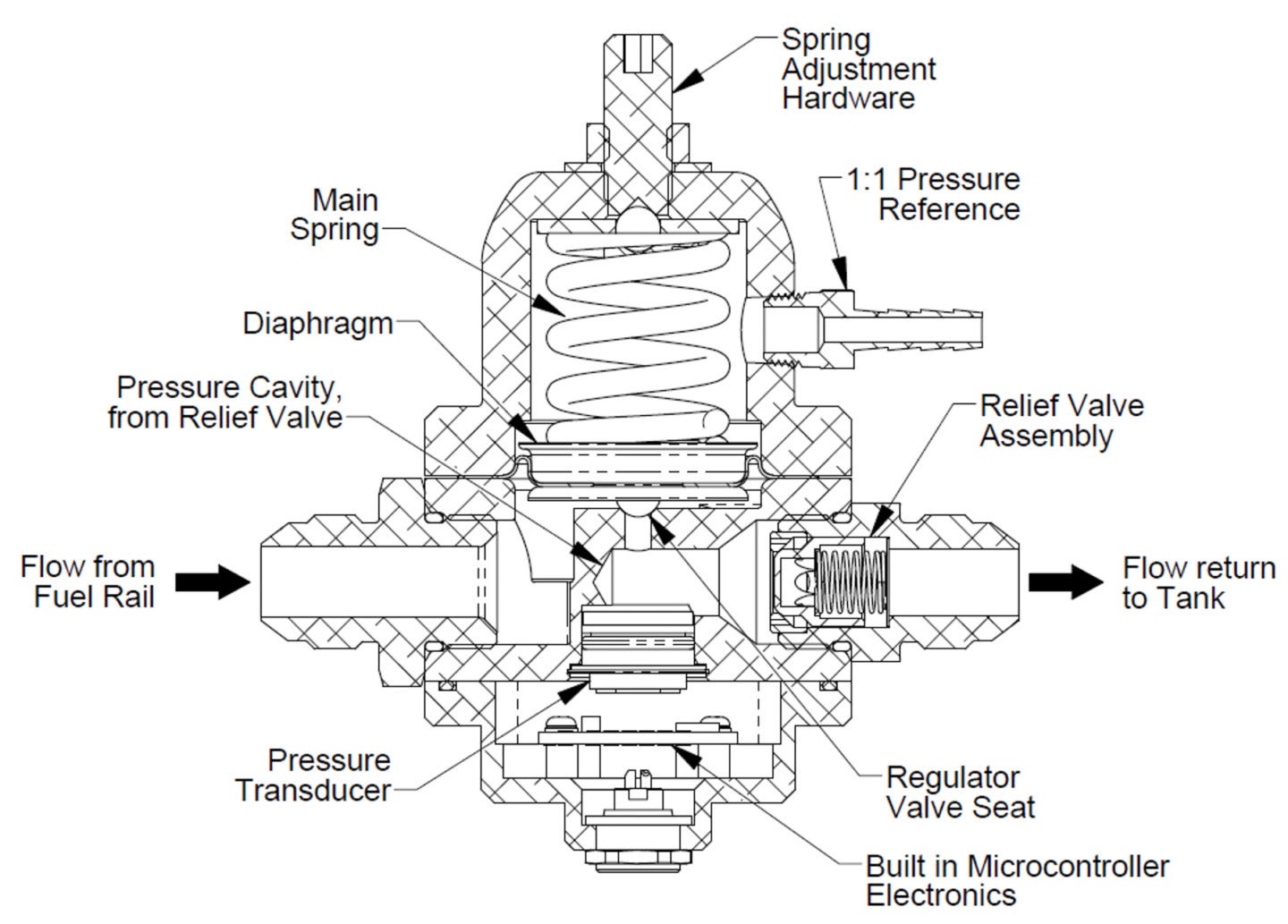The words “socialism” and “fascism” are frequently tossed about, and often misused. Like many other charged terms (see “recession”), we’ve seen politicized efforts to change their definitions, and even to bounce back and forth between different definitions when convenient. We would all do well to remind ourselves of their historical (pre-social media) definitions.
“Socialism” was once widely-agreed to mean “Government ownership of the means of production.” You can still see that undertone in most online dictionary entries (here, here, and here), though it has become common to expand the definition.
Meanwhile, Merriam-Webster’s entry on Fascism (emphasis added) remains quite fortunately anachronistic:
a political philosophy, movement, or regime (such as that of the Fascisti) that exalts nation and often race above the individual and that stands for a centralized autocratic government headed by a dictatorial leader, severe economic and social regimentation, and forcible suppression of opposition
Recent efforts to incorporate… well… basically any conceivable kind of “evil” into the definition are easy enough to find, but do us all a disservice. All “bad things” are not a giant ball of synonyms.
A number of years ago, I wrote this simple explanation to aid those who were struggling to understand the difference between these two systems:
Socialism:
A father buys a car for his 16-year-old son to drive. He tells him, “This is my car. You can only drive it under conditions that I set. You must tell me where you are going and who is riding with you, and I can always refuse you. You must wash it and fuel it and maintain it. You must honor curfew. If you misbehave, I will take it away from you. If I need to use it, you will let me use it. And you will run errands for me with it. Remember, it is my car!”
Fascism:
A father buys a car for his 16-year-old son to drive. He tells him, “This is your car. You can only drive it under conditions that I set. You must tell me where you are going and who is riding with you, and I can always refuse you. You must wash it and fuel it and maintain it. You must honor curfew. If you misbehave, I will take it away from you. If I need to use it, you will let me use it. And you will run errands for me with it. Remember, it is your car!”
As we can see, these two systems are very different from each other!
What is Ownership?
While dictionaries retain some sanity on the definitions of “socialism” and “fascism”, they’re useless on “ownership”. Most define “ownership” as “the state of being an owner”, then define “owner” as “someone with ownership”.
Helpful.
Ownership is control. That is the key. If I own a kayak, I control where it goes and who uses it. Perhaps only me. Perhaps my family and friends. But always on my terms. The same is true of anything else I own, including my money and even my time. I can sell all of these things, trading ownership for something else, and when I do so I relinquish all control.
Because that’s what ownership is.
What are the Means of Production?
The Labor Theory of Value is an economic flat-eartherism along the lines of price controls and MMT, but it’s a place to start. Believers assert that labor is the only source of value, ergo the value of something is a question of how much labor was needed to produce it. Milton Friedman notably made a mockery of this by suggesting that workers be made to dig with spoons rather than shovels so as to increase the amount of labor needed to deliver the same results. The same logic holds for any other productive activity - being slow and inefficient doesn’t make your product more valuable.
Our economic flat-earthers like to complain about “capitalism”. They claim that it favors those with “capital”. This is ironic, since all capital is a means of production. Seriously, that’s the answer. Think about it.
Not convinced? Let’s dive in.
First, Labor IS capital. That’s why we have a “labor market”. Labor is valued according to supply and demand, just as everything else is. No amount of Marxist caterwauling can change the fact that their beloved labor is a form of their hated “capital”.
Moreover, all labor that generates a product that can be sold makes use of capital in at least one of the following forms:
a workspace
raw materials
tools
a sales channel
No one can produce and sell a product without capital. Whether you work at a computer, as a landscaper, or at a zoo, your job requires capital. Even your favorite OnlyFans creator needs a webcam.
There are no exceptions. Your internet antagonist might pull his posts from his backside, but the excrement he serves for a living has to be purchased by the owner of the cafe.
We should also remember that time is money. Opportunity cost is a thing. Time is capital too, and it is a fundamental means of production.
Now, What is Regulation?
The term “regulation” is one of the bigger footballs in politics. The term is intended to invoke images of mechanical or electrical controls that serve a necessary purpose, without which disaster would occur.
A fuel regulator prevents engine problems. Political regulation is sold as having the same sort of benefit, but without the inconvenience of a burden of proof.
Nobody argues that mechanical regulators exert control - that’s their purpose. Political regulations also exert control. Some regulations prevent certain products from being built. Others restrict how property can be used. Some prohibit behaviors. Many restrict labor practices.
Advocates of political regulation do not deny any of this. They are proud of it, and they denounce their critics for opposing political regulation’s supposed benefits.
Putting it All Together
Here’s what we’ve got so far, in logical order:
Time, labor, and all forms of physical property are capital.
Capital is the means of production.
Socialism is government ownership of the means of production.
Fascism is government control of the means of production.
Political regulation is government control of capital.
Ownership is control.
Putting all of these together, we must conclude that not only are fascism and socialism functionally equivalent, but also that political regulation is the same concept as the other two.
It is uncommon to say these things plainly, but that doesn’t make them untrue.
Advocates of the free market are used to their exasperated critics saying “There’s never been a pure free market”. This is a strange criticism of free markets, since it defends them against criticisms just as easily as it hand-waves away their benefits.
Nevertheless, it is true - no society has ever had a pure free market OR a pure “government owns everything” socialist society. There are two ways we can deal with that reality. One is to treat our preferred ideologies as unfalsifiable in the style of “real communism has never been tried”.
The other is the mature practice: We analyze and debate the merits of moving towards or away from our preferred extreme.
We can’t engage in the mature practice if we lie to ourselves. Pretending that socialism, fascism, and political regulation are radically different from each other just prevents honest conversation about their merits. A true advocate (or opponent) of these systems shouldn’t play semantic games.
Let’s talk substance.








Only when you have mastered the substance of the subject can you explain it in simple terms. Thank you.